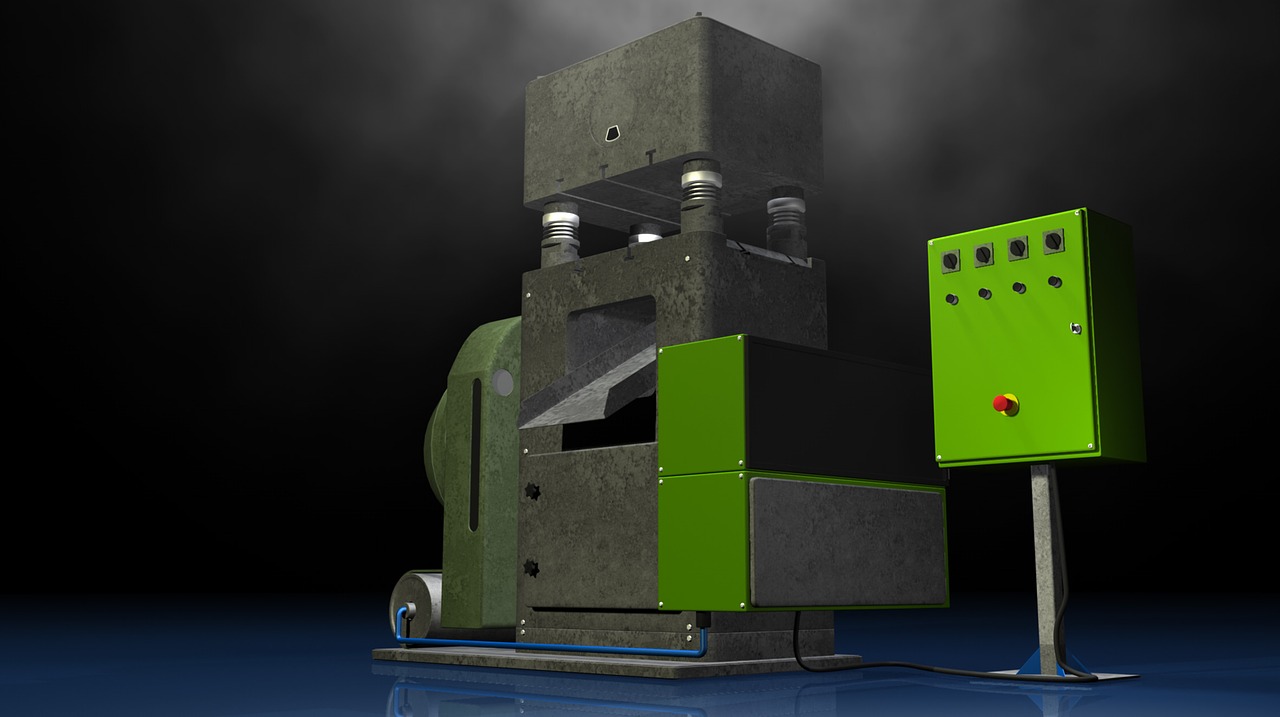Cold forging has emerged as a popular manufacturing technique due to its efficiency, precision, and cost-effectiveness. However, choosing the right cold forging manufacturers is crucial for ensuring quality, reliability, and timely delivery. In recent years, China has become a dominant force in the global manufacturing landscape, offering numerous advantages for businesses seeking cold forging products and services.
In this post, we are providing valuable tips for selecting the best cold forging manufacturers and exploring why China manufacturers have become increasingly attractive to businesses worldwide.
Understanding Cold Forging
Cold forging, a pivotal metalworking technique, revolutionizes manufacturing processes through its operation at room temperature using high-pressure dies and punches. Unlike traditional methods, cold forging ensures superior material strength, precise dimensional control, and minimal material waste. This method finds extensive application across industries like automotive, aerospace, electronics, and construction, owing to its efficiency and cost-effectiveness.
In essence, cold forging represents a paradigm shift in metal shaping, offering unparalleled advantages over conventional methods. Its ability to maintain material integrity while achieving intricate geometries and tight tolerances underscores its indispensability in modern manufacturing. With its versatility and efficiency, cold forging continues to drive innovation and propel industries toward greater productivity and competitiveness.
Key Considerations for Selecting Cold Forging Manufacturers
When choosing a cold forging manufacturer, several key considerations can guide businesses toward the most suitable partner for their needs. These factors encompass various aspects ranging from expertise to cost-effectiveness, ensuring a comprehensive evaluation process for selecting the ideal manufacturer.
Experience and Expertise:
Prioritize manufacturers with extensive experience and specialized expertise in cold forging. Look for a track record of successfully handling diverse materials, intricate geometries, and industry-specific requirements. Manufacturers with a deep understanding of cold forging processes can offer valuable insights and innovative solutions to optimize your product design and manufacturing process.
Quality Assurance:
Verify that the manufacturer maintains stringent quality control measures and holds relevant certifications such as ISO 9001. Request samples or inspect previous work to evaluate the consistency and reliability of their output. A commitment to quality assurance ensures that your cold-forged components meet or exceed industry standards, enhancing product performance and customer satisfaction.
Production Capacity and Timeliness:
Assess the manufacturer’s production capacity and ability to meet your demand volume within specified timelines. Inquire about lead times, production schedules, and flexibility to accommodate fluctuations in demand or rush orders. Timely delivery of cold-forged components is critical to maintaining production schedules and meeting customer expectations, making production capacity and timeliness essential considerations.
Technology and Equipment:
Choose manufacturers equipped with advanced cold forging technology and modern machinery. State-of-the-art equipment enhances efficiency, accuracy, and consistency in the manufacturing process. Look for investments in automation, robotics, and digitalization to optimize production workflows and minimize downtime. Cutting-edge technology enables manufacturers to produce high-quality cold-forged components with precision and reliability.
Cost-Effectiveness:
Compare pricing structures and quotes from different manufacturers while considering the overall value proposition. Beware of excessively low prices that may indicate compromised quality or hidden costs. Look for manufacturers offering competitive pricing without sacrificing quality or service. A cost-effective solution maximizes your return on investment while ensuring that your cold-forged components meet performance requirements and quality standards.
Communication and Collaboration:
Establish clear communication channels and assess the manufacturer’s willingness to collaborate closely throughout the project lifecycle. Effective communication fosters transparency, ensures alignment on project goals and expectations, and facilitates timely resolution of any issues or concerns. A collaborative partnership enables you to leverage the manufacturer’s expertise and resources to optimize the cold forging process and achieve your project objectives.
Advantages of China Manufacturers in Cold Forging
The advantages of China’s cold forging manufacturers are multifaceted, reflecting the country’s robust manufacturing ecosystem, technological prowess, and cost competitiveness. As businesses seek to optimize their supply chains and capitalize on global manufacturing opportunities, China emerges as a preferred destination for cold forging services.
Cost Competitiveness:
One of the most compelling advantages of China manufacturers in cold forging is their cost competitiveness. China offers lower labor costs compared to many other regions, enabling manufacturers to offer competitive pricing without compromising quality. Additionally, economies of scale and efficient production processes further contribute to cost savings, making China an attractive option for businesses looking to minimize manufacturing expenses.
Extensive Manufacturing Infrastructure:
China boasts a vast network of cold forging facilities, ranging from small-scale workshops to large-scale factories. This extensive manufacturing infrastructure provides businesses with flexibility in choosing a manufacturing partner that best aligns with their production requirements. Whether it’s mass production or specialized niche products, China’s diverse manufacturing landscape can accommodate various needs and scale production accordingly.
Technological Advancements:
Chinese manufacturers have made significant investments in cold forging technology and innovation. Leveraging automation, robotics, and digitalization, these manufacturers optimize production processes to enhance efficiency, productivity, and product quality. By embracing cutting-edge technology, China remains at the forefront of advancements in cold forging, offering businesses access to state-of-the-art manufacturing capabilities.
Skilled Workforce:
China’s cold manufacturing sector benefits from a skilled and abundant workforce trained in cold forging techniques. Highly skilled engineers, technicians, and operators contribute to the efficiency and quality of the manufacturing process. With a strong emphasis on vocational training and technical education, China continues to nurture talent specialized in various manufacturing disciplines, ensuring a steady supply of skilled labor for cold forging operations.
Global Supply Chain Integration:
China’s position as a global manufacturing hub facilitates seamless integration into international supply chains. Businesses can leverage China’s extensive logistics infrastructure for efficient shipping, distribution, and coordination of cold-forged components worldwide. This integration streamlines the supply chain process, reduces lead times, and enhances overall operational efficiency for businesses operating on a global scale.
Regulatory Environment and Supportive Policies:
China’s regulatory environment and supportive government policies further enhance its attractiveness as a manufacturing destination. Policies aimed at promoting innovation, technology adoption, and foreign investment incentivize manufacturers to continuously improve and upgrade their capabilities. Additionally, initiatives such as the Belt and Road Initiative facilitate trade and collaboration, strengthening China’s position as a preferred partner for businesses seeking cold forging services.
Conclusion
Selecting the right cold forging manufacturers is essential for achieving quality, efficiency, and cost-effectiveness in manufacturing processes. China has emerged as a preferred destination for cold forging services, offering competitive advantages such as cost competitiveness, technological advancements, and extensive manufacturing infrastructure. By following the best selection tips and considering the attractiveness of China manufacturers, businesses can make informed decisions to meet their cold forging needs and drive success in their respective industries.


